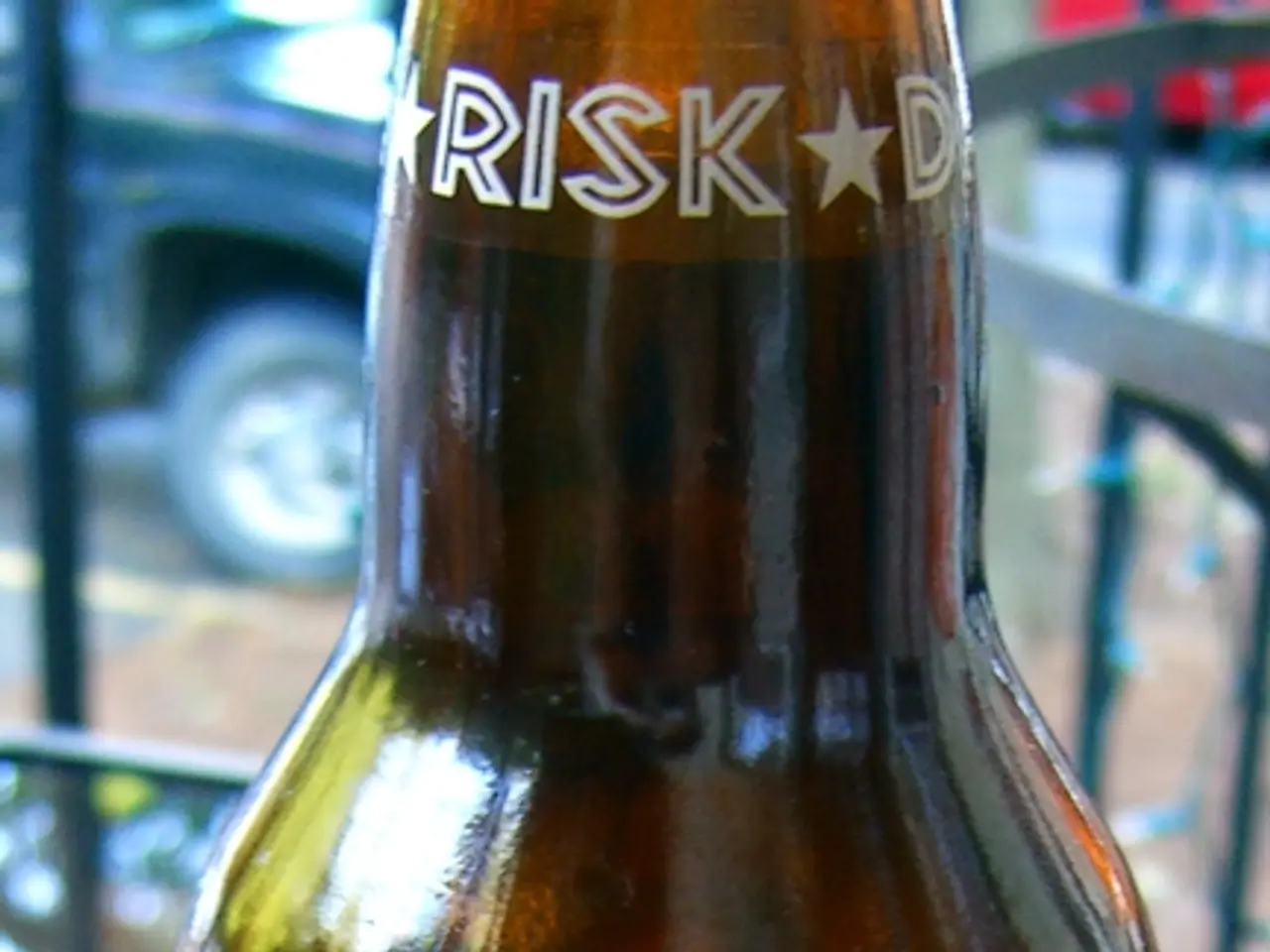New Zealand Seeks Public Opinion on Strategies for Minimizing Harm Caused by Gambling
New Zealand's Minister for Mental Health, Matt Doocey, has urged New Zealanders to share their thoughts on the government's three-year plan to prevent and minimize gambling-related harm. The deadline for public feedback is October 6.
The plan centers on implementing a safer, fairer, and more transparent online gambling regulatory system. The cornerstone of this strategy is the Online Casino Gambling Bill, currently under Select Committee review as of mid-2025. This bill aims to create a compliant and regulated market, prevent and minimize online gambling harm, and limit crime and dishonesty opportunities within online gambling.
Although the bill contains strong harm reduction and enforcement provisions, there is criticism regarding its lack of ongoing funding provisions for community sport. This gap raises concerns about community funding sustainability if licensed online operators draw market share without contributing to community grants.
Despite this, a wide program of work is underway across government departments and the broader gambling harm sector to prevent and minimize gambling-related harm. This includes research to understand the changing gambling landscape, the roll-out of services to support those at risk of gambling harm, and the government's intention to continue running initiatives that mitigate the negative impact of problem gambling.
The minister particularly values the opinions of people who have lived experience of gambling harm, as their perspectives would give a strong understanding of what works and what doesn't at the community level. He has reiterated the government's intention to continue involving people with lived experience in harm minimization efforts.
A significant operational harm minimisation initiative is SkyCity’s rollout by July 2025 of a mandatory carded play system across its New Zealand casinos. This system requires player ID cards, enabling real-time monitoring of gambling behavior, timely interventions, session and spend limits, and player access to personal gaming data dashboards.
Interested stakeholders can register for updates to stay informed on progress and consultation phases. The legislative process involves ongoing Select Committee review and phased government releases of related documents and updates, such as the Cabinet papers and regulatory impact statements released through 2025.
Recently, an illegal poker host in New Zealand was ordered to surrender NZD 620,000, highlighting the government's commitment to enforcing gambling regulations. The minister encourages people to weigh in on the consultation document, stating that the ideas needed to solve these issues are already in the community.
Citizens are encouraged to submit their recommendations by October 6. Doocey believes that the opinions of people who have experienced gambling harm would be particularly important to these consultations. The government is considering more ideas for its gambling harm prevention strategy based on recent discussions with various people.
- The Online Casino Gambling Bill, currently under review by the Select Committee, is a crucial part of New Zealand's plan to regulate online gambling and minimize harm, as outlined by Matt Doocey, the Minister for Mental Health.
- Despite concerns about the bill's funding provisions for community sport, the government is working extensively to prevent and minimize gambling-related harm, including research, service roll-outs for those at risk, and initiatives to mitigate the negative impact of problem gambling.
- The minister values the opinions of people who have lived experience of gambling harm, believing they would provide valuable insights into effective harm minimization strategies at the community level.
- In the sphere of health-and-wellness and mental-health, policy-and-legislation, and general-news, citizens are encouraged to submit their recommendations by October 6, particularly those who have experienced gambling harm, as the government looks for more ideas to strengthen its gambling harm prevention strategy.




